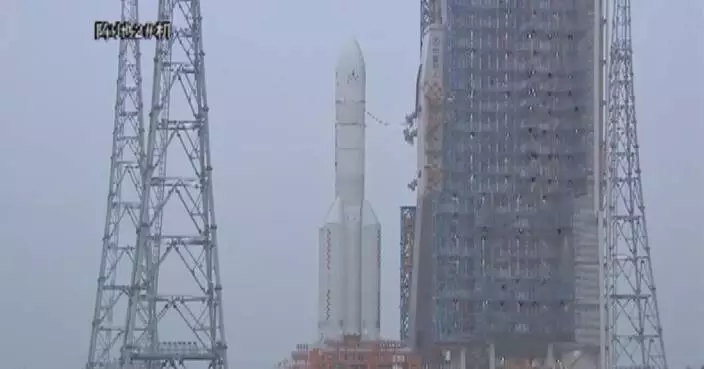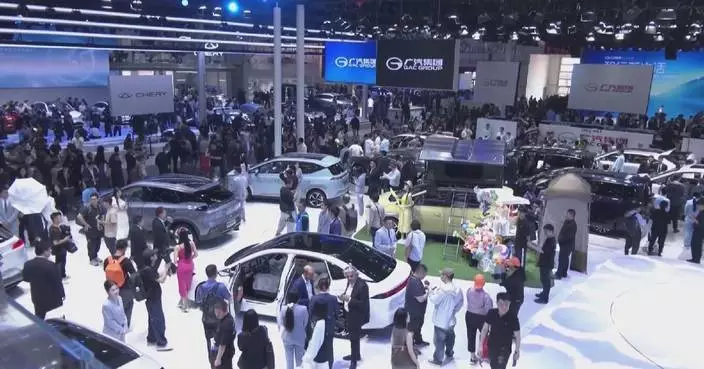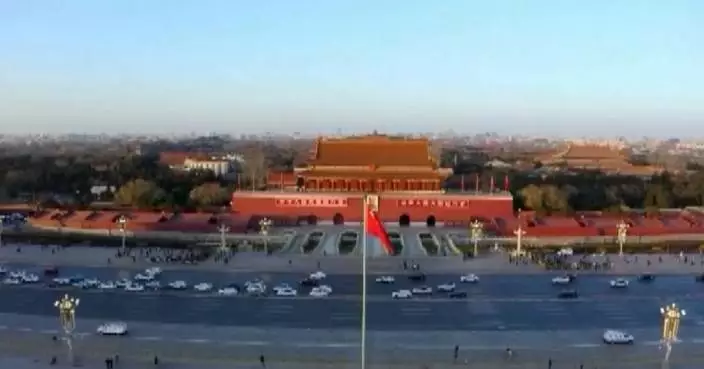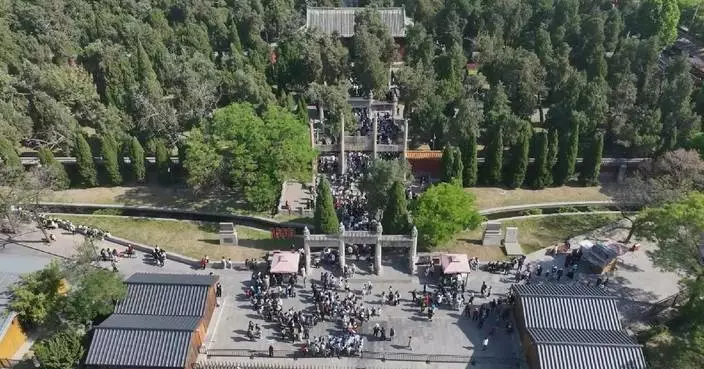The International Olympic Committee (IOC) on Friday unveiled the Olympic AI Agenda at Lee Valley VeloPark in London, marking the first comprehensive strategy by the Olympic Movement to implement artificial intelligence in sports.
The agenda aims to harness AI across various aspects of the Olympics and Paralympics, enhancing athlete support, competition integrity, and operational efficiency.
In an interview with China Global Television Network, IOC President Thomas Bach emphasized AI's potential to transform sports through data and technology.
"Sport has always been about data; you have results, you have timing, it is one. And the Olympic Games always have and also been milestones in technological development. If you look at broadcasting for instance. But this relationship will now even get closer, because AI is offering so many opportunities to each individual. It is really hard to imagine at this moment in time where this will end," Bach said.
During the event, experts from sports, technology, business, and academia discussed AI's practical applications, focusing on its impact on training, competition, and spectator experiences. Technologies such as wearables with sensors could revolutionize training and event management, enhancing the experience for athletes and fans alike.
Five-time Olympic gymnastics champion Nadia Comaneci highlighted AI's role in refining sports judging, while maintaining human elements crucial for complex decisions.
"I think AI will help, definitely. I don't think we'll be able to eliminate the human judging. Gymnastics is very complex. I think that there are many skills in a code of points that how many twists you do in the air, if the landing was right in the right angle, if the space where you land, where is it, and how many deductions, how many tenths you take when you go out? So that will help at the beginning, because every sport, every federation, together with AI, they need to build something together to help and speed up the judging, but also be sure that doesn't overstep too fast, and go with the base and grow from there," Comaneci explained.
Deloitte's report valuing the sports analytics market at 4 billion U.S. dollars, underscoring the economic implications of AI in sports, pointing to its potential to boost advertising and sponsorships.
The IOC aims for the AI agenda to set a precedent for future Olympic Games, positioning the Olympics not just as a sporting event but as a forward-looking global enterprise.

IOC launches Olympics AI agenda to transform sports through data, technology










